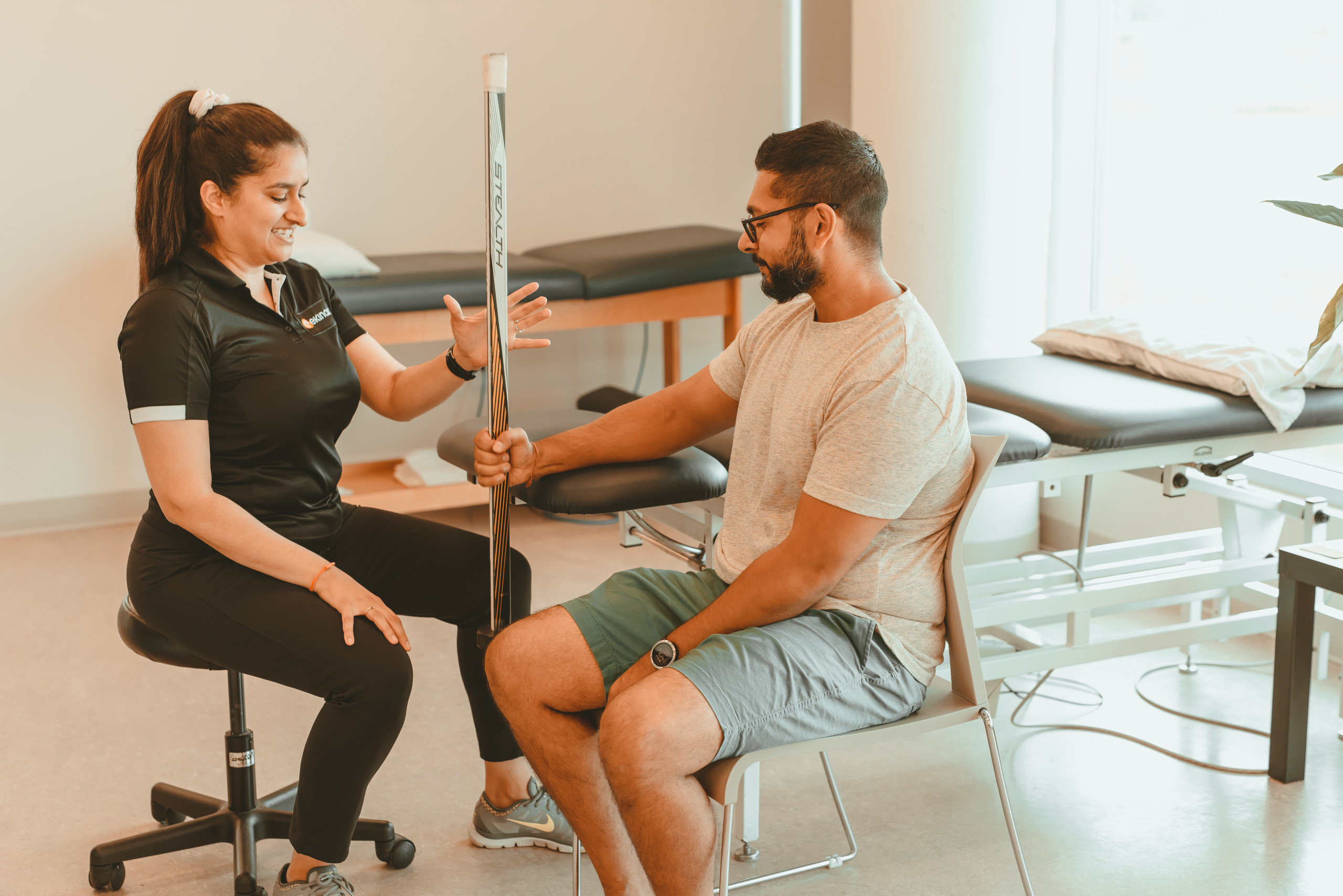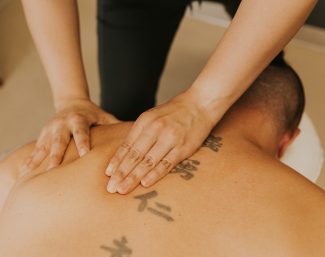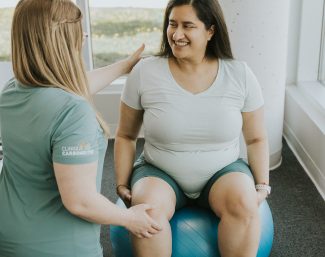
A hit to the head can happen quickly, whether it’s from a sport, a bike or car accident, or even as trivial as a heavy object falling on your head!
It may very well be a concussion, also known as a mild traumatic brain injury.
The most common symptoms are headaches, dizziness, nausea, blurred vision and even emotional changes such as sadness or irritability.
Following a head injury, we recommend resting, both physically and mentally, for 24 to 48 hours. This includes trying to limit screen time on the cell phone or computer. You can take short walks outside for 10-15 minutes. However, you should avoid staying in bed for too long, stay locked in a dark room and avoid sunglasses on a regular basis.
You should also be on the lookout for more alarming signs and symptoms that may require a visit to the emergency room.
Red flags:
- Severe increase in symptoms
- Ecchymosis (bruising) on the skull
- Clear liquid discharge from the ear
- Numbness in hands and arms
- Repeated vomiting
- Double vision
- Severe neck pain
If you notice that certain symptoms persist despite rest, do not hesitate to consult a clinic! We can do a complete evaluation of your neck and shoulders, as certain muscle or joint tensions can often be one of the causes of headaches or dizziness. We can also use the VOMS test which allows us to screen the vestibular, ocular and motor systems. All of these systems can also help find the cause of your dizziness or even understand why you have blurred vision when you’re reading.
Once the symptoms have decreased, it is possible to consider returning to school or to your activities and then to sports. In our clinic, we take athletes through the final step of returning to sport with contact! We use the Buffalo treadmill test to evaluate the cardiovascular system and see if it is not one of the causes of the increase in your symptoms. Finally, the Blackhawks high intensity bike test also incorporates rapid head and body movement exercises to ensure that the athlete is able to return to contact sports.
Each of these tests follows a specific protocol to ensure a safe return to play or to your activities!
For more information on concussions or the return to activities protocols, watch the video below (French only)!





